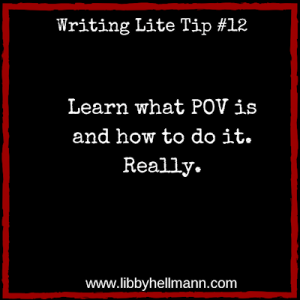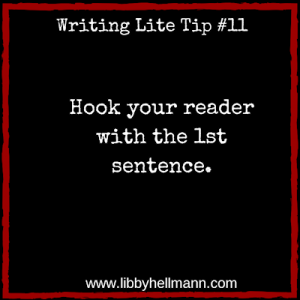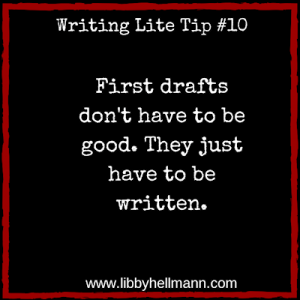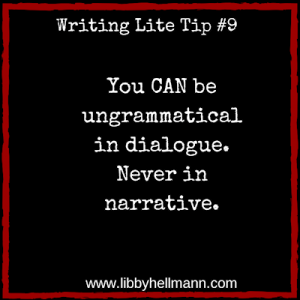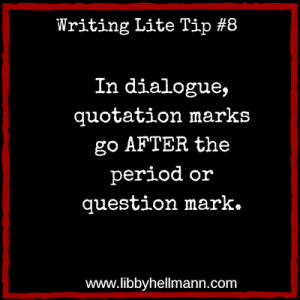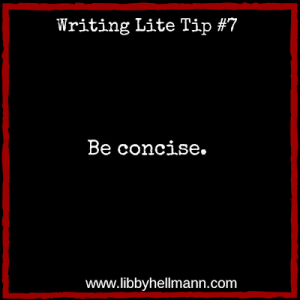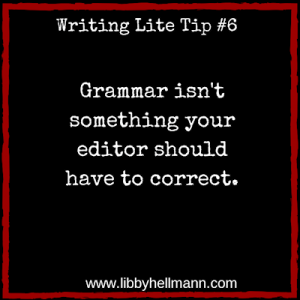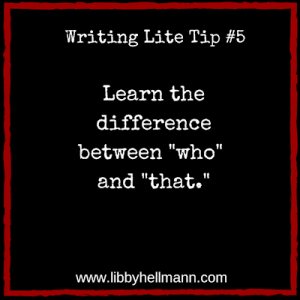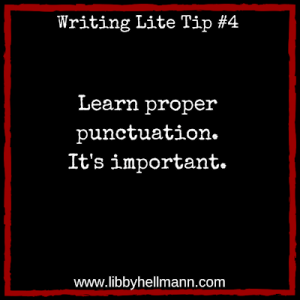Writing Lite Tip #12: Learn what POV is and how to do it. Really.
POV is sometimes called “head-hopping,” and it’s probably the most common mistake new writers make. It means you can only be in one person’s head during a scene. Sometimes that means just a subtle difference, but it’s important.If you do it incorrectly too many times, it will stop a reader and take them out of the … Read more
